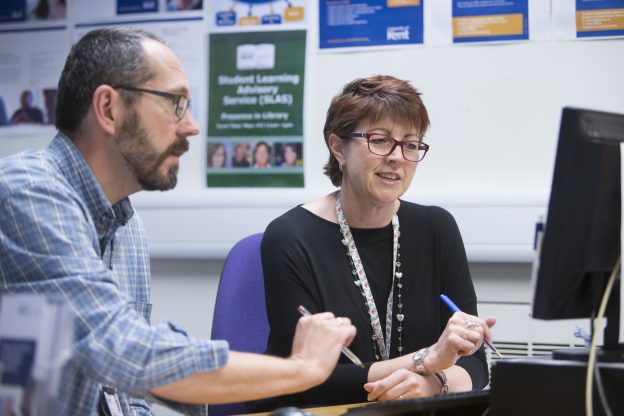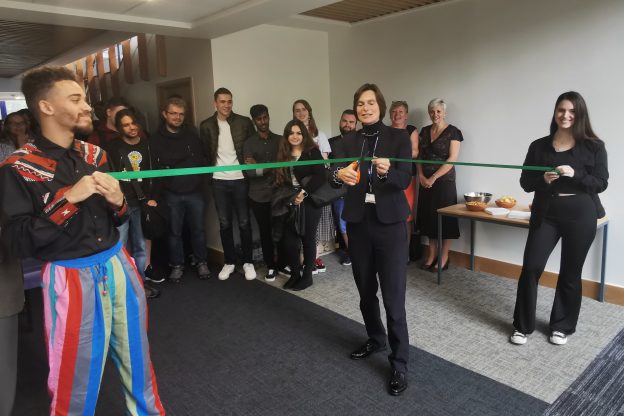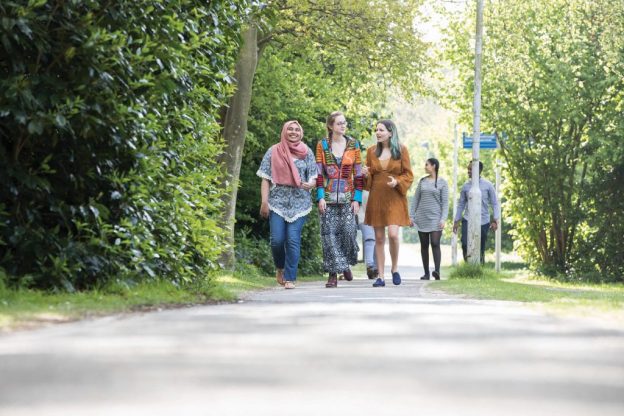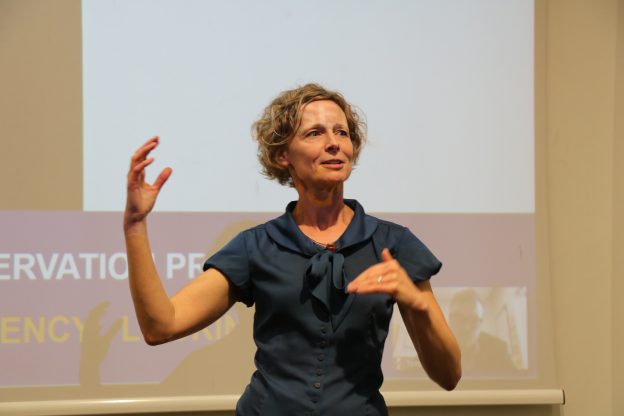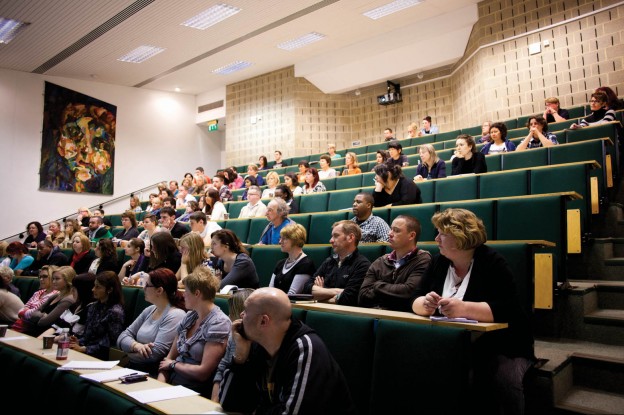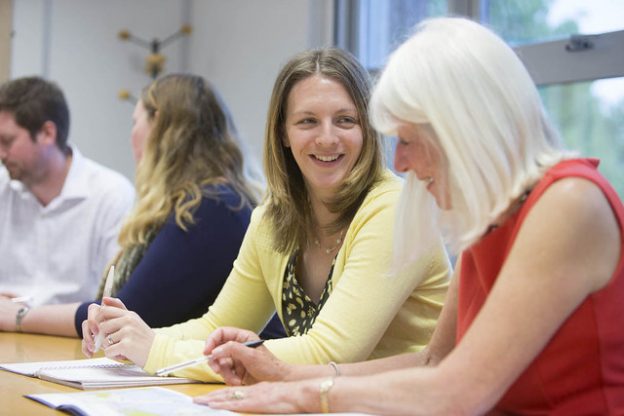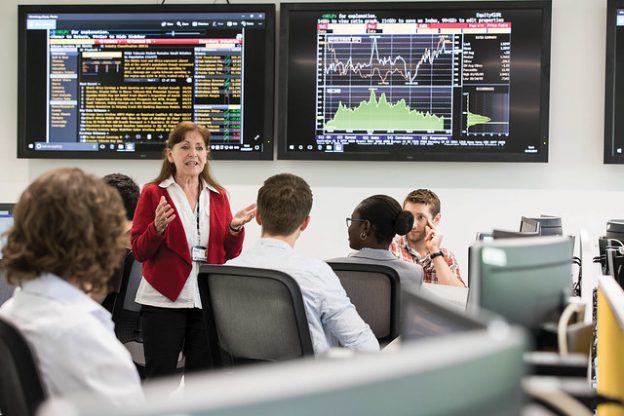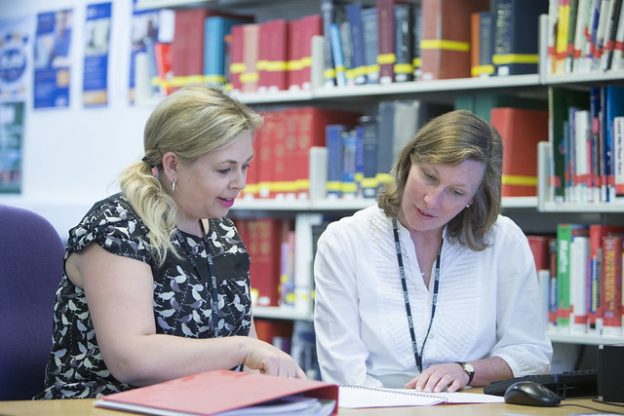We have been making improvements to our internal communications channels.
The changes, as highlighted in the Vice-Chancellor’s August Update blog, are based on feedback you have given during, for example, focus groups for the Simplifying Kent Internal Communications Project. Your wish list included a clear source of University information, improvements across our key communication channels and a more visible senior management team.
Our internal communication channels now include:
Monthly Vice-Chancellor Update
A new all-staff email on the second Tuesday of every month, covering the strategic direction of the University, key upcoming decisions/changes, highlights from Karen’s diary etc. The first update, on 10 September, is available on the OVC webpages – watch out for the next update on Tuesday 8 October.
Kent Staff Weekly
From Wednesday 2 October, we will be mailing a weekly, rather than fortnightly, all-staff e-newsletter with a round-up of latest University news and events likely to be of interest to colleagues. If you’d like your news featured, email the editor, Wendy Raeside in Corporate Communications.
Staff Guide
Launched in January 2019 and following extensive consultation with colleagues, this new guide covers everything you need to know about working at Kent, from getting started to facilities on campus. If you wish to add new information/update existing information, email communications@kent.ac.uk
Staff News
The home of latest staff news and events based on stories sent in by colleagues to share with others across the University. Tell us your latest news via this Send Us Your Story link.
Leadership Blog
This is a new channel for senior leaders across the University to update us on key strategic projects. Corporate Communications is working with senior leaders to develop a schedule for these blogs – if you have an idea for a topic that should be included, please let Tim Davies or Wendy Raeside know (email links below).
Kent-staff emails
All-staff emails are for business critical or urgent messages only. If your message meets our essential criteria, you can email your request to the Corporate Communications team.
Social media
We are currently exploring options to provide a social media channel for staff to enable colleagues, wherever they’re based, to share their news and interests. In the meantime, you can find useful updates from teams across the University via @unikentstaff on Twitter.
We’ll keep you posted as and when other changes in our staff communications are happening. Meanwhile, we welcome ideas about how we can continue to improve how we communicate – just get in touch.
Wendy Raeside and Tim Davies
Corporate Communications
